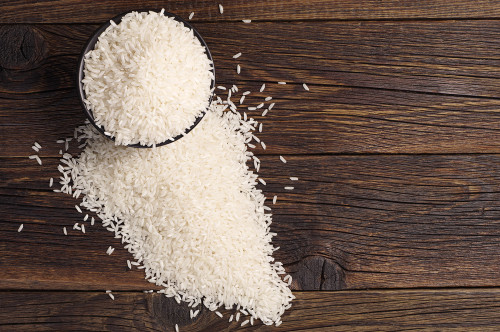
On March 20th the mid-day BBC 5Live radio broadcast, as part of their medical program, an informative item on allergy and food intolerances, lasting about 10 minutes. For those of you who live abroad and are thus unable to hear the BBC podcast, here is a summary of what was said:
Taking part were the 5Live Radio Health team Dr. Brian Hope (Dr H) and Health Correspondent Michelle Roberts (MR) talking to Allergy UK’s Lindsey McManus (LM) and Dr Matthew Smith (Dr S), who is a researcher in the history of food allergies at Strathclyde University. The moderator was 5Live’s Shelagh Fogarty (SF).
SF: The “Free From” market has grown 15% in the last year and is now worth £250 Million. Half of us believe they have some kind of food intolerance.
LM: True food allergies are rare – about 2% of adults and 8% of children. There is much misunderstanding of the word allergy and difficulty in pinpointing food intolerances.
Dr H: An allergy is a specific reaction. GPs find it difficult to diagnose intolerances, with so many things going on in people’s lives. When people exclude a food then feel better it is actually quite difficult to say whether it was the food or not. It is probably over-self diagnosed.
MR: The UK Department of Health says it agrees. It is difficult to know the numbers especially with regard to food intolerance. Hospital admissions have gone up for children. The government has put out guidelines through the National Institute for Health and Clinical Excellence to help doctors find out how to diagnose and treat these conditions.
Dr S: explains the history. Early allergists came up with very high percentages. But in 1950 and 60s there are few records of, for instance, peanut allergies, and it is very difficult say why they are becoming more common.
LM: More people are aware of their conditions and are trying to sort them out. Example: wheat intolerance. Wheat is more difficult to digest, also because we are eating more of it now. A more balanced diet would be better.
It can rule your life, especially if you can’t leave the house because you are trying to find a toilet all the time. You can see why people try to self-identify, which is quite dangerous really. Getting it identified is one of the hardest things in the world.
Dr H: Allergic reactions seem to be on the rise although they are still very rare. In general practice it is sometimes very difficult to sort out whether this is a true intolerance or whether there are other things going on like people getting anxious, and people doing food diaries can sometimes help us but it is a difficult one for patients to sort out and it is a difficult one for doctors. In the NHS this is probably an under-resourced area where it isn’t always easy for GP’s to get quick specialist advice for those people who are actually having real problems with it.
LM: The food diary is the only thing that we would really recommend. It is the best way to find out what you react to. There are so many processes that can be involved. As the doctor says, it can be lifestyle, it can be stress, we can be eating a particular food too often. It can be a lack of an enzyme to break foods down such as in lactose intolerance. [The food diary is] the one way that will identify what food is causing the problem, what the reason is or what your intolerance is, so I support that absolutely.
SF: With the current financial situation, people are going to have to go back to finding out for themselves.
Dr H: We are living longer than we have ever done, we are consulting doctors more than we have ever done, we are healthier than we have ever been. Just because you have a symptom doesn’t necessarily mean you are ill. There are people who have absolutely genuine allergies or intolerances, but there are also people who are in that grey area, where it could be lifestyle and other things, where if they modify that, they would improve their symptoms.
I think that children should not have food excluded without the discussion with a medical professional, and as a GP I would refer onto a pediatrician if there was a really serious problem because we could be denying children proper nutrition if we exclude foods just willy-nilly.
LM agrees. People find it difficult to find a diagnosis, GPs are under-resourced and under-advised in that area. People do take things into their own hands, but for children you shouldn’t do that sort of thing, take the advice – definitely get referral to an allergy specialist or a pediatrician.
DH: Lots of people use over-the-counter, over-the-internet allergy testing kits. I would certainly advise against that. They are very unhelpful. They can be very non-specific, and can actually make people make decision that don’t actually follow any logic as well.
LM: Definitely.
People within the UK can listen to the broadcast on BBC iPlayer until 27th March.






